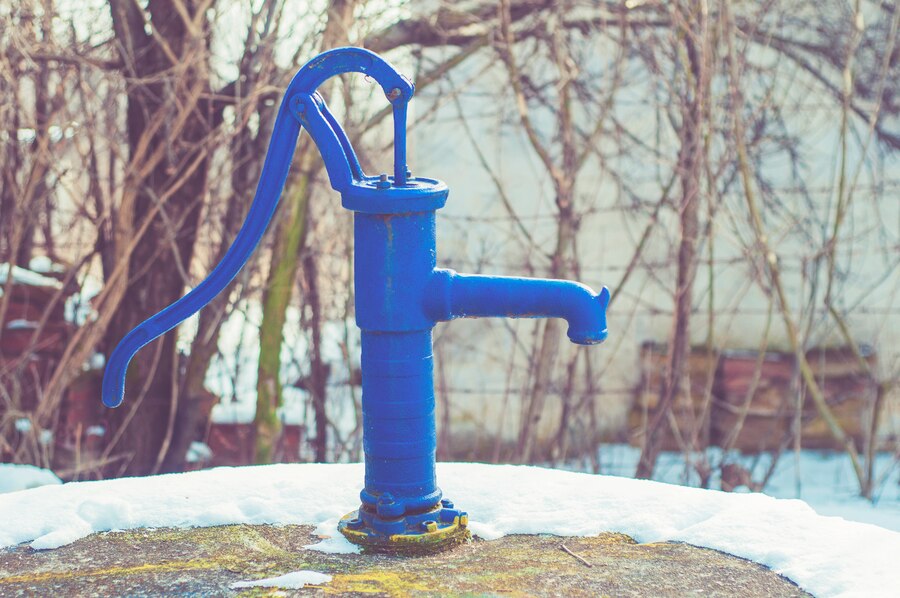Winter in Hamilton can be brutal, and your plumbing is one of the first casualties if you’re not prepared. Whether you’re a first-time homeowner or a seasoned veteran of Hamilton’s snowy seasons, ensuring your plumbing is ready for the cold is crucial. This guide will walk you through essential seasonal plumbing tips to keep your home safe, warm, and free from plumbing disasters. Here’s everything you need to know to prepare your plumbing for the winter season.
Why Winter Plumbing Maintenance is Crucial
When temperatures drop, plumbing systems face unique challenges. Frozen pipes, inefficient boilers, and unexpected leaks can disrupt your cozy winter days. But with a bit of preparation, you can prevent most of these issues, save money on repairs, and ensure your home remains comfortable and safe all season long.
Common Winter Plumbing Issues in HamiltonThe Menace of Frozen Pipes
Frozen pipes are a homeowner’s nightmare. When water freezes, it expands, which can cause pipes to burst. This not only leads to water damage but can also be expensive to fix. Understanding the causes and warning signs can help you take preventive measures.
Causes: Extremely low temperatures, poor insulation, and exposed pipes are the main culprits. Pipes located in unheated areas like basements, attics, and garages are particularly vulnerable.
Warning Signs: If you notice reduced water flow, frost on exposed pipes, or strange odors from drains, these are indicators that your pipes might be freezing.
Prevention Tips: Insulate exposed pipes using foam pipe insulation or heat tape. Keep your home’s thermostat set above 55°F, even when you’re away. Open cabinet doors under sinks to allow warm air to circulate around the plumbing.
Boiler and Water Heater Maintenance
Your boiler and water heater work overtime during the winter. Regular maintenance ensures they function efficiently, providing consistent heat and hot water.
Importance: Poorly maintained boilers and water heaters can become inefficient, leading to higher energy bills and potential breakdowns.
DIY Tips: Check the pressure gauge and bleed radiators if you have a boiler. For water heaters, drain the tank to remove sediment build-up. Inspect the anode rod and replace it if it’s corroded. Always follow manufacturer guidelines for maintenance tasks.
Preparing Your Plumbing for WinterInsulating Pipes and Water Supply Lines
Proper insulation keeps your pipes warm and prevents freezing. It’s a simple yet effective strategy to protect your plumbing system.
Insulation Methods: Use foam pipe insulation, fiberglass, or heat tape on both cold and hot water pipes. Pay special attention to pipes in unheated areas.
Additional Tips: Seal any gaps in walls or floors where pipes enter your home. This prevents cold air from reaching the pipes.
Checking and Sealing Leaks
Leaks can exacerbate winter plumbing issues by allowing cold air to enter and water to escape. Identifying and sealing leaks is essential.
Inspection: Regularly inspect faucets, showerheads, and visible pipes for drips or moisture. Check under sinks and around toilets for signs of water damage.
Sealing Techniques: Use plumber’s tape for threaded joints, silicone caulk for gaps, and pipe repair kits for minor leaks. If you’re unsure about a leak, calling a professional Hamilton plumber may be the best option.
Professional Maintenance for Boilers and Water Heaters
While DIY maintenance can help, professional inspections are invaluable for ensuring your heating systems are in top shape.
Why It’s Important: Professionals can identify issues that may not be evident to the untrained eye. They can also perform thorough cleanings and adjustments that improve efficiency and longevity.
Scheduling Tips: Aim to schedule professional maintenance in late fall, before the winter chill sets in. This way, your systems are ready to handle the increased demand of the cold months.
Emergency PreparednessCreating a Winter Emergency Kit
Winter emergencies can strike at any time. Having a well-stocked emergency kit ensures you’re prepared for plumbing issues and other winter-related incidents.
Kit Essentials: Include items like a flashlight, batteries, bottled water, non-perishable food, a first-aid kit, and blankets. For plumbing-specific needs, add a pipe wrench, plumber’s tape, a portable heater, and contact information for a reliable Hamilton plumber.
Knowing When to Call a Professional
Some issues require professional intervention. Knowing when to call for help can prevent minor problems from becoming major disasters.
Signs to Look For: Persistent leaks, no heat from your boiler, burst pipes, or any issue you’re uncomfortable handling should prompt a call to a professional plumber.
Contacts Ready: Keep the contact information for a trusted Hamilton plumber on hand. Companies like Rescue Rooter offer emergency services and can quickly address urgent plumbing issues.
Preparing your home’s plumbing for winter is more than just a task on your to-do list; it’s a critical step in protecting your home and ensuring your comfort throughout the season. By understanding common winter plumbing issues, taking proactive measures, and knowing when to call a professional, you can avoid many of the headaches associated with winter plumbing problems.
We hope these tips help you stay warm and worry-free this winter. Have your own winterization tips? Share them in the comments below. And if you’re in need of expert assistance, don’t hesitate to reach out to a Hamilton plumber at Rescue Rooter for professional help. Stay safe and warm this winter!
By following these tips, you can ensure your home’s plumbing system is well-prepared for the harsh winter months. Remember, proactive maintenance not only saves you money but also gives you peace of mind. Happy winterizing!







